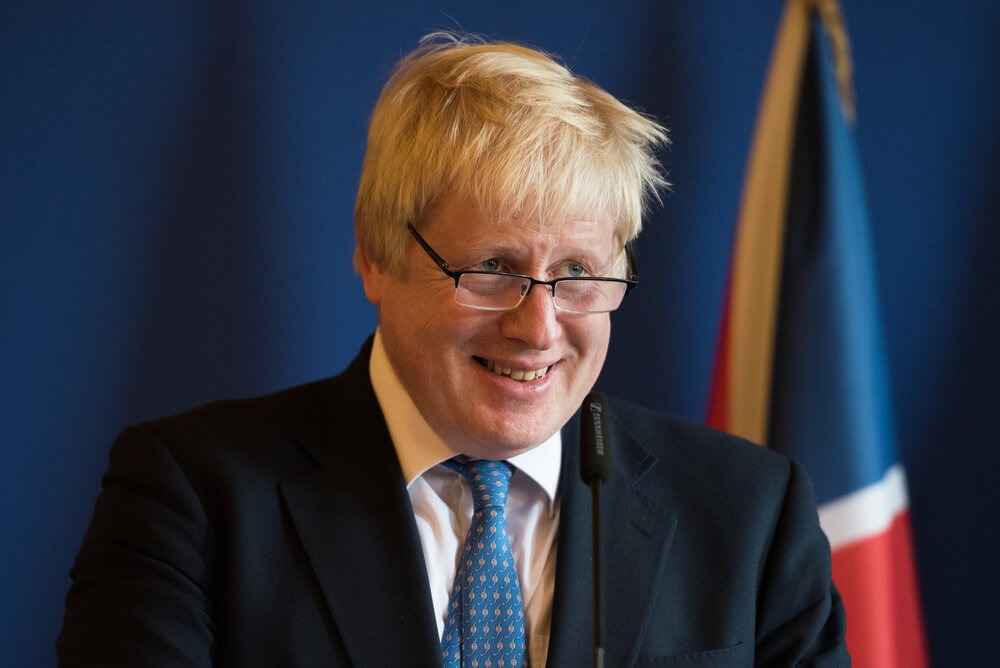The British currency was weaker on Tuesday with growing concerns over Boris Johnson, who is the current frontrunner to become the United Kingdom’s next prime minister.
Worries revolve around the possibility that Johnson would trigger a “hard Brexit” from the European Union. Such an event could pose major threats to the British economy.
Traders and analysts are looking at the possibility of a no-deal Brexit and questions over the effort of central banks to ease monetary policy to be the key drivers for the currency markets in the coming weeks.
Johnson has previously pledged to push through with the Brexit’s deadline – on October 31 – with or without a divorce deal with the European trading bloc.
For analysts, Johnson is almost certain to become the next prime minister, and this means that there is a real chance for a hard Brexit.
“In the short-term, further declines in the pound could be limited because positions are already very short. In the medium-term, sentiment for sterling will remain soft,” said Takuya Kanda, who is the general manager of research at Gaitame.Com Research Institute.
The pound traded at $1.2477, near a 27-month low of $1.2382 hit in the previous week. The currency has lost 3.5% against the dollar in the past three months because of the uncertainty of Britain’s departure from the European Union.
The results of a leadership vote will come out on Tuesday and the British Conservative Party will announce it. Come Wednesday, the country will see a new prime minister.
Other Currencies

Meanwhile, the euro traded near lows because of the mounting expectations for European Central Bank President Mario Draghi to hint at a rate cut in September. Such a move will be aimed at keeping inflation on track to the bank’s target.
The euro was trading steady at $1.1208. Traders are looking at a 43% probability that European policymakers will decrease key deposit rate by 10 basis points to negative 0.50% to fight risks from global trade tensions.
Surveys also appear to show that economists are expecting the ECB to alter its forward guidance to make way for a rate cut in September.
In Asia, currencies were mostly dependent on the moves of major global units. On the other hand, investors are awaiting further developments in the US-China trade negotiations.
The dollar was a bit stronger against other currencies as expectations for a US Federal Reserve rate cut next week, and this sent Treasury yields lower.
The dollar index, which tracks the greenback’s strength against a basket of other major currencies, was slightly higher at 97.314.
The Federal Reserve is widely anticipated to lower its target range of 2.25% to 2.50% by 25 basis points at a meeting that ends on July 31.
However, expectations for a larger 50-basis point cut have fluctuations because of mixed signals from Fed policymakers.
















